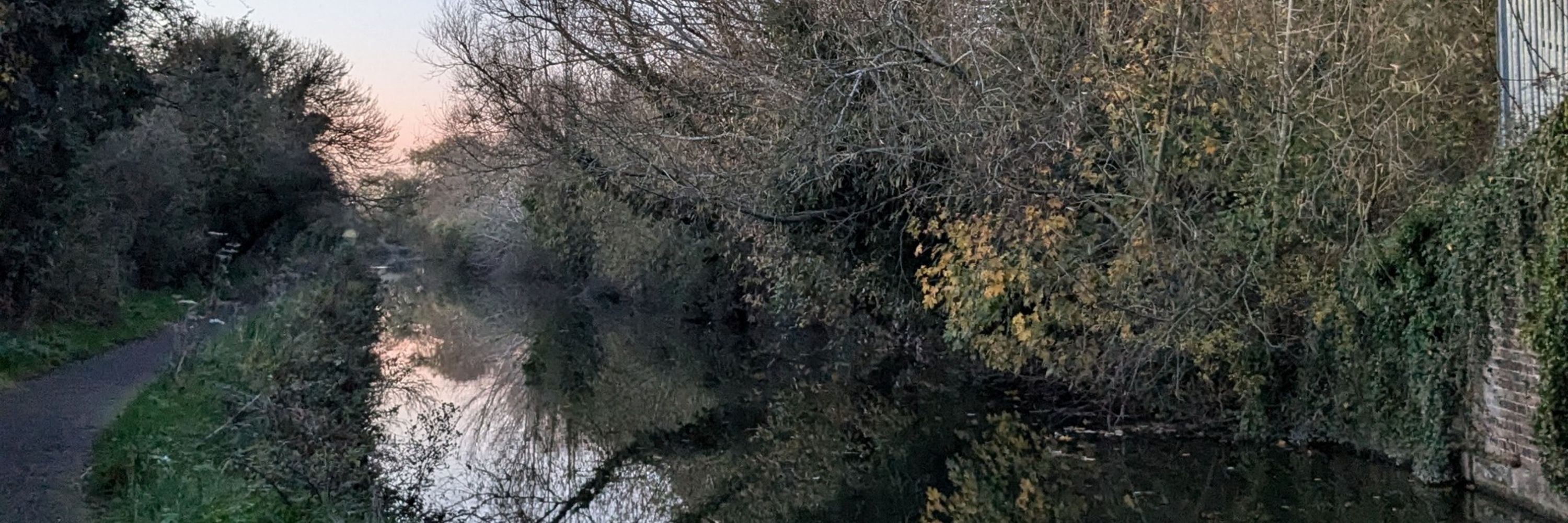
Caithlin Mercer
@caithlinm.bsky.social
1.1K followers
440 following
140 posts
The wildfire and the rain.
Posts
Media
Videos
Starter Packs





